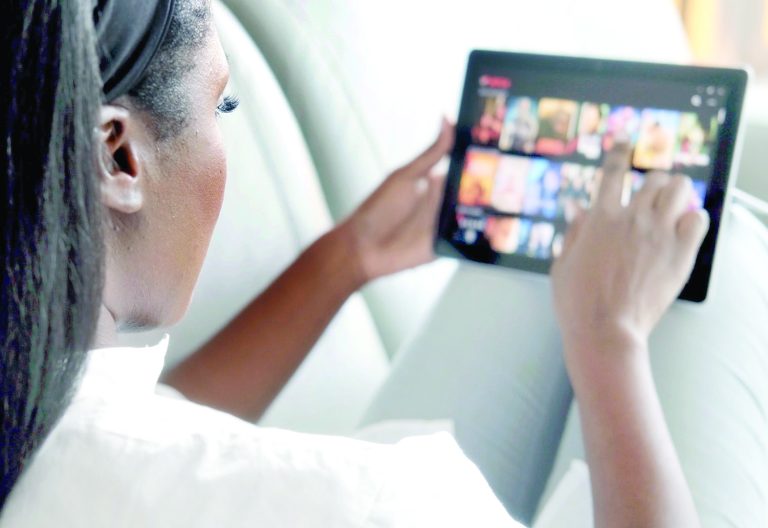Why 93 pc of women in Kenya are opting for entrepreneurship

Most Kenyan women eye for financial independence and flexibility through entrepreneurship, reports show.
According to the most recent research by Mastercard, one in 10, equivalent to 93 per cent of women running or starting a business is due to their flexible working hours and the pursuit of personal dreams.
It says the entrepreneurial spirit among women is strong and growing, with younger generations leading the way. “With access to the right financial tools, mentorship, and digital resources, women entrepreneurs can unlock new business opportunities, drive innovation, and contribute significantly to economic development,” said Selin Bahadirli, executive vice president, Services, Eastern Europe, Middle East and Africa at Mastercard.
Selin added that Mastercard is committed to navigating barriers and fostering an ecosystem where women-led businesses can thrive.
The high entrepreneurship skills span among generations with the report indicating that baby boomers (93 pc,) Gen X (90pc) have slightlyhigher entrepreneurial skills unlike younger generations, for instance, Gen Z (85pc), Millenials (89pc).
Similarly, nearly (96pc) Gen X women have considered starting a business of their own. However, six in 10 (62pc) of Kenyan women have yet to take the first step of starting a business. According to the report, Gen Z and millennials have a higher advantage than their counterparts in Baby boomers and Gen X.
This is because Gen Z and millennials have a wide range of accessing some technological advancement, thereby leveraging technology for their business success. “They stand a higher chance of earning more using these platforms,” the report adds.The top sectors contributing to Kenya entrepreneurship includes agriculture (35pc), business services(30pc) and food supply (22pc).
The challenges the Kenyan women are having is how to start and sustain their businesses. The government needs to stand in the gap and support women by providing financial support, according to Mastercard.
It says 53 per cent of these businesses are failing because of lack of funding which remains the biggest challenge, followed by lack of financial resources (44pc) and the difficulty in securing startup capital (34pc).















